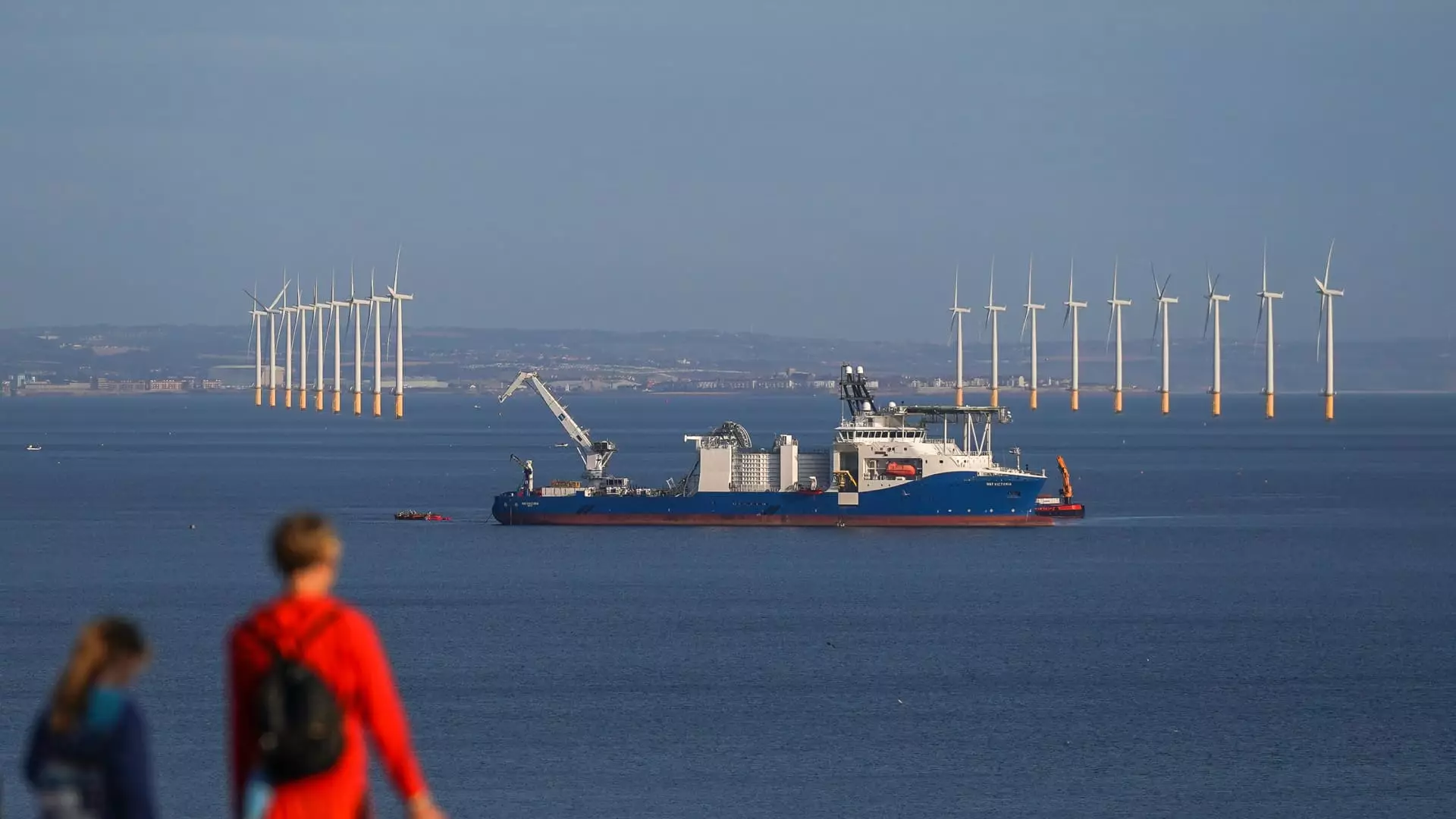In a revealing social media post, U.S. President-elect Donald Trump criticized the British government’s approach to its North Sea energy policies. He described the recent measures taken by the Labour government, particularly an increase in windfall taxes on oil and gas producers, as a “very big mistake.” Trump’s remarks came shortly after news surfaced regarding APA Corporation’s plans to cease operations in the North Sea by 2029, citing economic infeasibility attributed to these taxing policies. His urgent call to “open up the North Sea” and eliminate wind energy initiatives underscores a fundamental disagreement regarding energy strategy between the U.S. and the U.K.
The context of Trump’s statement fits within a larger conversation about energy economics. With APA Corporation, a Texas-based oil and gas producer, announcing its withdrawal from North Sea operations primarily due to the U.K.’s windfall tax increase from 35% to 38%, it raises critical questions about the sustainability of this tax approach. The Energy Profits Levy (EPL), designed to capture excess profits during times of high energy prices, aims to fund Britain’s transition away from fossil fuels and bolster energy security. However, this shift may have unintended consequences, such as deterring investment in crucial energy sectors and pushing companies toward more economically favorable locations.
The political landscape in the U.K. saw a different perspective from the ruling Labour Party. Their commitment to supporting renewable energy projects, including their investment in offshore wind farms, is clear. The government’s stance suggests a long-term strategy rooted in environmental sustainability, albeit at the cost of immediate economic growth in traditional energy sectors. Response from major industry players like Shell and Harbour Energy has been hesitant, showing a reluctance to engage with Trump’s criticisms directly. As companies navigate this demanding regulatory environment, the dilemma becomes whether to adapt to political changes or relocate operations to jurisdictions with less burdensome taxation.
Despite the ongoing concerns regarding taxation, the North Sea remains a vital asset for the U.K., particularly as a potential hub for offshore wind energy. Several European nations, alongside the U.K., are ambitiously pursuing the goal of transforming this area into a significant source of renewable energy. Nevertheless, the offshore wind sector is currently grappling with challenges that include escalating costs, disruptions in supply chains, and rising interest rates, all of which exert pressure on project viability.
The juxtaposition of Trump’s call for oil and gas operations against the U.K.’s commitment to renewable energy highlights a pivotal moment in the global energy transition. As countries weigh their economic interests against environmental responsibilities, the discourse surrounding North Sea policies is emblematic of broader global energy dilemmas. The coming years will be vital in shaping the region’s energy landscape, determining whether it aligns more closely with Trump’s vision of increased fossil fuel extraction or the U.K. government’s push towards green power and sustainability. Balancing these competing interests will require insightful policy development, industry collaboration, and thoughtful public discourse.

Leave a Reply